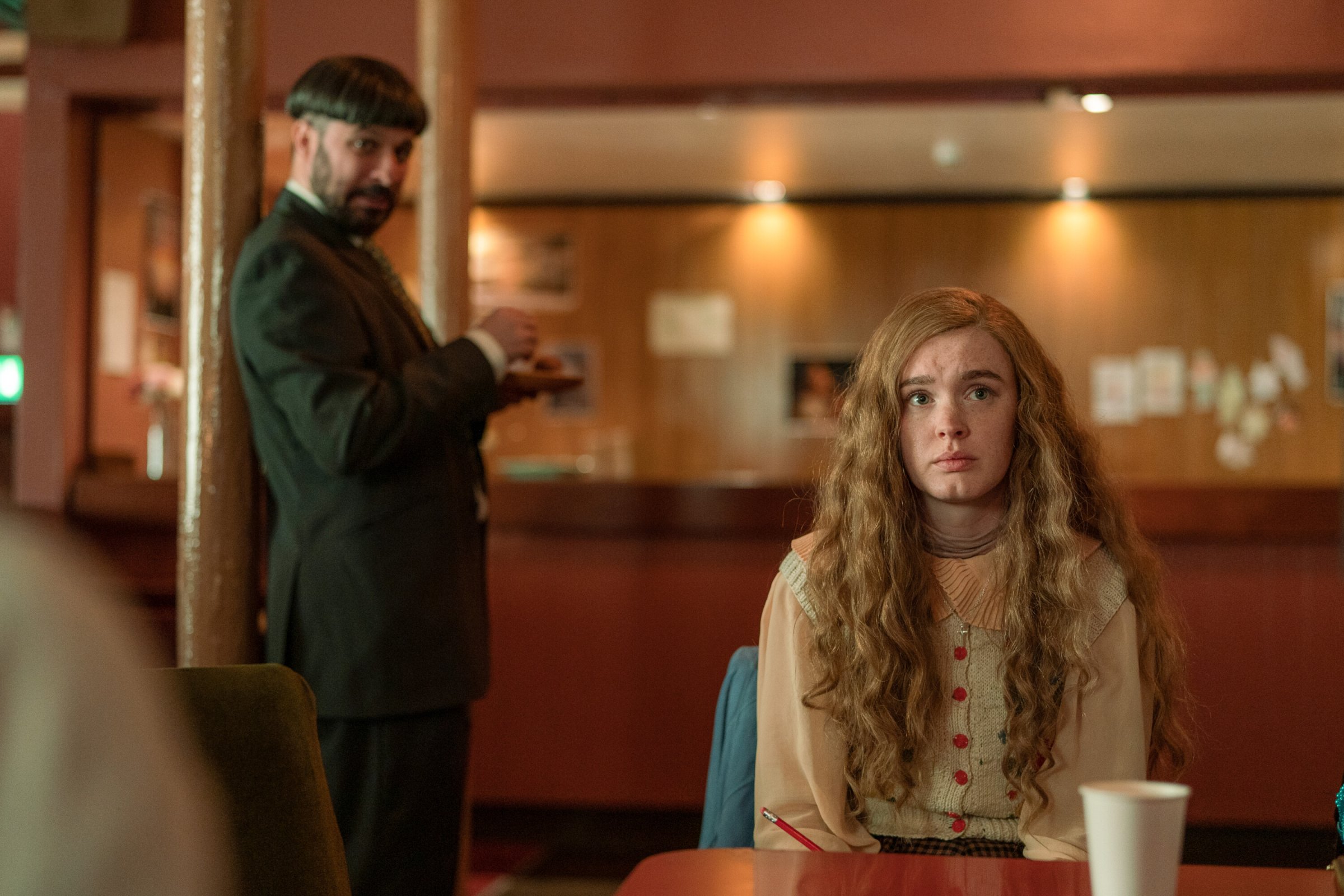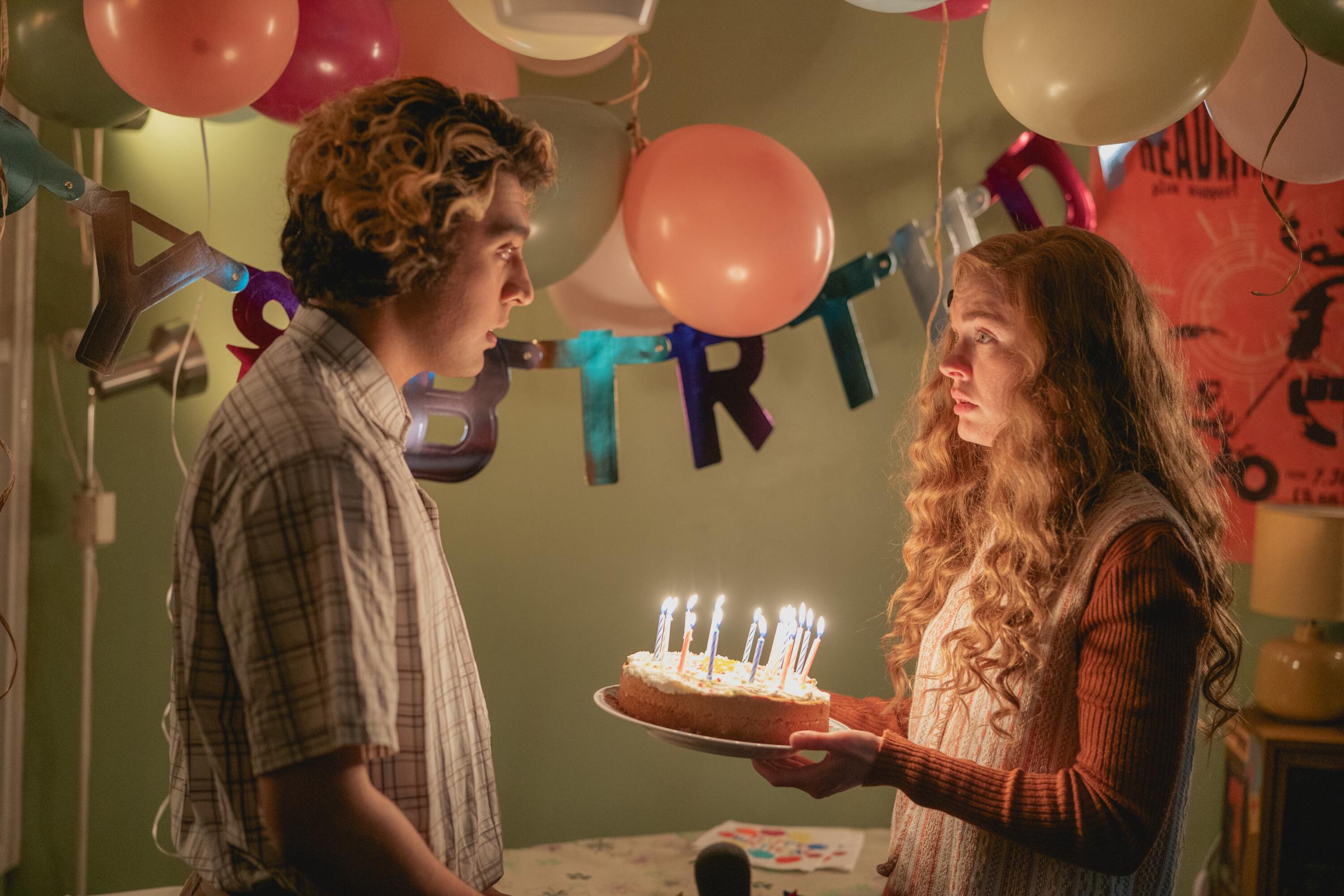
For a broadcaster that has only been around since 2006, the CW has undergone more than its fair share of identity crises. Born as a collaboration between Warner Bros. and CBS Corp., it launched with a relatively diverse prime-time lineup—America’s Next Top Model, Girlfriends, Gilmore Girls, Smallville, Veronica Mars—culled from predecessors the WB and UPN. By the late aughts, the CW was leaning into teen fare, with hits like Gossip Girl and The Vampire Diaries; soon, Arrow and The Flash threw superheroes into the mix. Ambitious dramedies Jane the Virgin, Crazy Ex-Girlfriend, and arguably the bonkers Archie Comics riff Riverdale anchored its mid-2010s efforts to stand out from the Peak TV crowd. And now, a year into a majority acquisition by Nexstar Media Group, well, you could be forgiven for forgetting it exists at all.
Aside from a few original dramas—notably the teen sports saga All American, which has found a huge audience on Netflix—and low-effort clip shows like World's Funniest Animals, the CW in 2023 is a network of imports. Not very good ones, either. Mostly, it’s a grab bag of Canadian titles: gratuitous legal procedural Family Law, redundant food competition Great Chocolate Showdown, dire comedies Son of a Critch and Run the Burbs. The damage streaming has inflicted on prime-time has never been more apparent than it is on the CW—which, like the rest of Hollywood, has also been scrambling for fresh content amid the recently resolved writers’ and still-ongoing actors’ strikes. But at least there’s finally an upside to its decline. On Oct. 26, the network will debut Everyone Else Burns, a fantastically warped family sitcom from Britain’s Channel 4. It’s easily the best new broadcast comedy since Abbott Elementary.
From its many abrasive characters to its working-class Manchester setting, Everyone Else Burns couldn’t be more different from its wealthier, saccharine counterparts on American TV. At the show’s center is the Lewis family, an unhappy foursome who belong to a radical Christian sect that believes the End Times are upon us. When we meet patriarch David, a self-important prig with an absurd bowl haircut played by The Inbetweeners alum Simon Bird, he’s rousing his long-suffering wife, Fiona (Kate O'Flynn from Landscapers), and kids at four in the morning with the news that Armageddon is upon them. “Finally!” exclaims his preteen son Aaron (Harry Connor), a fire-and-brimstone true believer. When he realizes it’s only a drill, he draws a picture of David burning for eternity in a Dante-esque tar pit. Meanwhile, poor, sheltered 17-year-old Rachel (Amy James-Kelly) just wants to parlay her straight A’s into a college education.
David is aptly named. Like Ricky Gervais’ indelible UK Office character David Brent, he’s a petty, awkward, deluded, egomaniacal baby in an adult’s body, whose malignant insecurities keep getting him and the people around him in trouble. This David is convinced he’s on the verge of being elected Elder at his beloved Church of the Divine Rod—a paid role that would allow him to quit his job, at which he actually excels, sorting packages at a delivery center. Alas, even his fellow fanatics can’t stand him. A dry diagnosis from a man to whom David is supposed to be ministering: “You seem socially maladjusted, and I think your son has anger problems.” It’s all enough to make Fiona desperate for an outlet, whether she’s ogling a widowed church member (Kadiff Kirwan) or binging TV at her secular neighbor’s (Morgana Robinson) house.

As dark as its apocalyptic humor can be, Everyone Else Burns has a lighter touch than Gervais’ misanthropic comedies thanks to its true protagonist: Rachel. Painfully innocent but intelligent, she’s singled out as a promising candidate for higher education by a teacher (the wonderful Lolly Adefope, from Miracle Workers) whose influence begins to counterbalance that of parents who think university is a waste of time in a world that’s ending. Soon, other sane voices are whispering in her ear. Instead of continuing to stress out over the Rapture, Rachel slowly opens herself up to the world. She gets a love interest, Joshua (Ali Khan), who has been expelled from the Divine Rod for unknown reasons. “I thought you were a pleasureless chastity droid, but you’re just a bag of ugly chemicals like everybody else,” says another new friend, approvingly.
Scripts from creators Dillon Mapletoft and Oliver Taylor are full of clever, idiosyncratic sentences like this. And the cast, all the way down to young Connor, delivers them with the signature British dryness that even the most accomplished American comedy actors never manage to master. Confronted with the G-rated porn stash, a.k.a. “Tupperware of sin,” over which her husband has become mired in guilt, Fiona deadpans: “David, this barely even sounds sexual.”
A smart, well-made family sitcom that strikes an effective balance of prickly dysfunction and coming-of-age poignancy shouldn’t be such a rare thing on broadcast TV. But it is. The CW’s desperation has yielded that rarest of gifts: a network comedy that’s actually worth watching.
More Must-Reads from TIME
- How Donald Trump Won
- The Best Inventions of 2024
- Why Sleep Is the Key to Living Longer
- Robert Zemeckis Just Wants to Move You
- How to Break 8 Toxic Communication Habits
- Nicola Coughlan Bet on Herself—And Won
- Why Vinegar Is So Good for You
- Meet TIME's Newest Class of Next Generation Leaders
Contact us at letters@time.com